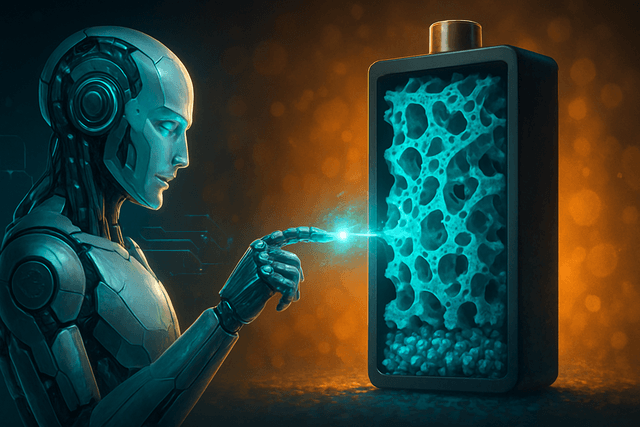Artificial intelligence is revolutionizing battery technology in ways that could accelerate the global transition to sustainable energy. MatterGen, a cutting-edge AI system focused on materials design, has successfully created innovative battery anodes that require 70% less lithium than conventional designs while maintaining performance.
The AI-driven approach represents a paradigm shift in materials science. Rather than relying on traditional trial-and-error methods or computational screening of existing materials, MatterGen generates entirely new materials tailored to specific requirements. The system was trained on extensive datasets of material properties and crystal structures, enabling it to understand complex relationships between composition and performance.
Toyota's R&D division has recognized the potential of this breakthrough and committed to pilot plant trials beginning in early 2026. The Japanese automaker, which has been investing heavily in next-generation battery technologies, sees MatterGen's innovation as complementary to its ongoing work in solid-state batteries and other advanced energy storage solutions.
The implications of this development extend far beyond just cost savings. Lithium mining has significant environmental impacts, including water usage concerns and habitat disruption. By reducing lithium requirements by 70%, manufacturers could dramatically decrease the environmental footprint of battery production while alleviating supply chain pressures on this critical mineral.
For consumers, the technology could translate to more affordable electric vehicles with comparable or improved range. For grid-scale applications, it could make renewable energy storage more economically viable, supporting the broader adoption of solar and wind power.
As battery technology continues to evolve, AI-driven materials design is emerging as a powerful tool for accelerating innovation. MatterGen's breakthrough demonstrates how artificial intelligence can help solve complex challenges at the molecular level, potentially transforming industries dependent on advanced materials.

